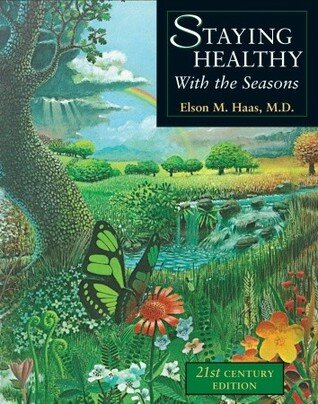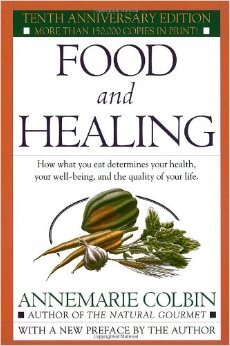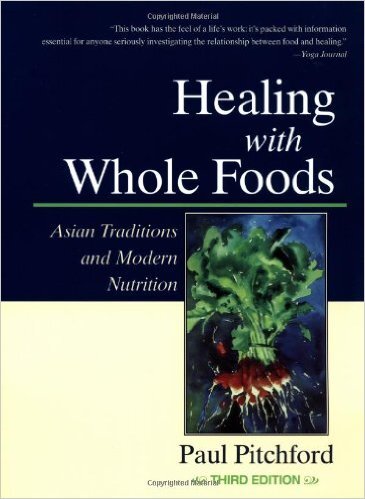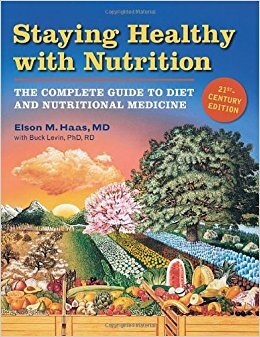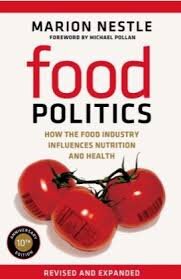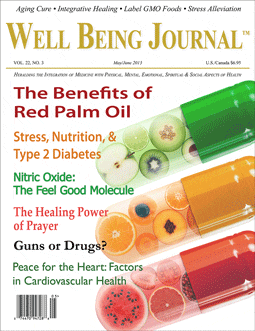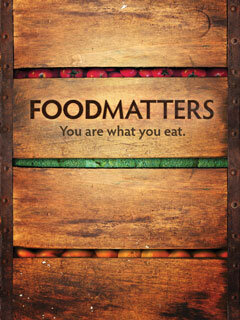
7 Resources To Help You Think Critically About Modern Wellness Norms
What is Health, Really?
For many of us, health equates a state of merely not being ill. Today’s wellness norms come with the understanding that the average person will have daily chronic symptoms. We take pills at the first sign of a headache, indigestion, or even just to relax and get some much needed sleep. Women are expected to have hormonal issues, PMS, and cramps. We are stressed daily, overworked, overweight, and out of shape. Our immunity is low and every year we seem to catch that seasonal cold or flu going around. But, without our daily prescriptions and over-the-counter pills, supplements, or energy elixirs, how bearable are these symptoms, really? More importantly, just because these symptoms are typical, does not make them normal.
Feeling okay vs. being truly healthy
The question we should be asking ourselves is: Do I feel good? If the answer is no, the next question should be, what do I need to change to get there?
Unfortunately, and again, for many of us, it’s not until we experience a health crisis, or our symptoms become so unbearable that we seek a solution that goes beyond our routine regimen of medicines. It’s not until we strip away the “bandaid approach” to health and wellness that we can uncover the real issues and imbalances. It’s here where the real work begins.
The standard approach to health
Let’s take a look at the standard American diet. Most Americans eat fast food at least once a week. Caffeine fuels our days in the form of coffee or sugary sodas. Sugar has become so commonplace it is in nearly every packaged item, sweet or savory. It’s rare that we eat veggies at every meal. When we do, the average American eats their vegetables in the form of pizza toppings or out of a can versus in season and local. In fact, ketchup, french fries, and that measly wilted leaf of iceberg lettuce on a hamburger were considered veggies in public school system lunches until a couple of years ago. This in itself is a huge issue when it comes our heath. Coupled with lack of exercise, a full day of work sitting at a desk, and an imbalanced work/home life, there’s no question as to why our health is declining.
We’re living longer to be sure, thanks to science. I often find myself wondering, though: If we took away many of these scientific advances, surgeries, and prescriptions, what would an average life expectancy actually be, and what would the quality of that life actually look like? I should also note that of course it is thanks to scientific advances, surgeries, and prescriptions that have allowed many of us to overcome life threatening diseases, illnesses, or defects. But perhaps we’ve crossed a line and are too heavily reliant on these advancements to cure or treat all of our health issues.
I ask to set these examples aside and instead focus on routine daily health and preventative care. Could we ever go back to a time when doctors were paid to keep their patients healthy and prevent an issue vs. treating a larger problem?
Holistic, preventative care
Today, preventative care is not really a thing. It’s the prescriptions and surgeries that are seen as necessary steps, while lifestyle and dietary changes are viewed as the extreme. When time or money are used towards bettering ourselves, we are seen as privileged, indulgent, or health-crazed. When these steps brush against the norm, they are seen as hippy or alternative.
What if we took these signs and symptoms our body gives us – I’m sick, I’m tired. I’m run down, and actually listened to them? What would need to change? We need to zoom out and take a look at the larger picture instead of individual systems and symptoms. We must look at what makes up the whole person, from a truly balanced and maintainable diet, to daily movement and exercise, stress and mood management, our work, our purpose and fulfillment, our surrounding environment, and our relationships.
At some point we managed to veer far off course in our innate understanding of how to take care of our bodies and live harmoniously with Nature. We need to retrain our minds from what experts, advertisements and society tells us our bodies need, to focusing on what we feel it needs, intuitively. This can be as spiritual or alternative a practice as you want it to be, but it is not to be mistaken for being anything less than essential. We are our own experts when it comes to knowing and understanding ourselves.
Resources to help you become the healthiest version of yourself
In the end, one size does not fit all and no diet or lifestyle should, either. Health is unique to each individual; we are comprised by not only our humanity and genes, but our own experiences – so our strategy to good health should be catered to the individual as well. It’s not only about what we eat, but also what we avoid. It about how we live and enrich our lives that makes all the difference. The take away? Tune in. Trust your own innate knowledge, expand your truth, and invest in being well, not just healthcare.
“Tune in. Trust your own innate knowledge, expand your truth, and invest in being well, not just healthcare.”
7 Books & Blogs To Help You On The Journey
1. Staying Healthy with the Seasons
Author | Elson Haas
What You’ll Learn | The weather isn’t the only thing that changes with the seasons – did you know that there are different ways to eat, detoxify and exercise depending on the time of year? This book outlines how you can optimize your nutrition and lifestyle seasonally for optimal health and wellness. Dr. Elson Haas revolutionized the preventative and integrative medical fields with this book when it was published in 1981, and it continues to have a lasting impact with its updated version today.
Find Staying Healthy with the Seasons on Amazon
2. Food and Healing
Author | AnnMarie Colbin
What You’ll Learn | AnnMarie Colbin dispels common myths associated with the “Standard American Diet” and dismisses unhealthy food trends in this book about how to eat for optimal health. You’ll learn about diet in relation to disease prevention, and also about healing qualities of certain foods so that you can lean less heavily on modern medicine.
Find Food and Healing on Amazon
3. Healing with Whole Foods
Author | Paul Pitchford
What You’ll Learn | Paul Pitchford combines Chinese medicine with modern nutrition to in this book that is designed to help you identify imbalances and prevent illnesses with a whole-foods based diet. Used as a reference for acupuncture students, this comprehensive book aims to promote “healing, awareness, and peace” for its readers. Plus, you’ll get over 200 mostly-vegetarian recipes to help kickstart your nutrition-packed meal plan.
Find Healing with Whole Foods on Amazon
4. Staying Healthy with Nutrition
Author | Elson Haas
What You’ll Learn | This book offers a comprehensive look at the fundamentals of nutrition, and walks you through creating a personalized eating plan for the year. This user-friendly guide is full of current medical research and information, giving you a well-rounded look at how to use nutrition to live your best life.
Find Staying Healthy with Nutrition on Amazon
5. Food Politics
Author | Marion Nestle
What You’ll Learn | Written by Marion Nestle, the Paulette Goddard Professor in the Department of Nutrition, Food Studies, and Public Health at New York University, the Food Politics blog is updated daily with information and news surrounding the world of food. You’ll find new research, strategies and analysis of the political side of nutrition alongside plenty of resources for how to change food on a systemic level.
Read the Food Politics Blog Online
6. Well Being Journal
Editor | Scott Miners
What You’ll Learn | Well Being Journal is a publication filled with research, healthy living tips, personal healing stories and resources to help you become more informed about your health. This journal is distributed in several countries in places like Barnes & Noble, Whole Foods, and Sprouts, and old editions are available online for you to browse.
Read the Well Being Journal Online
7. Alternative Practitioner Directory
What You’ll Learn | Brought to you by the people behind Food Matters, this directory will help you find holistic healthcare practitioners, integrative doctors, chiropractors, and even dentists and mental health care practitioners who take a holistic approach to their practice.
